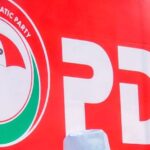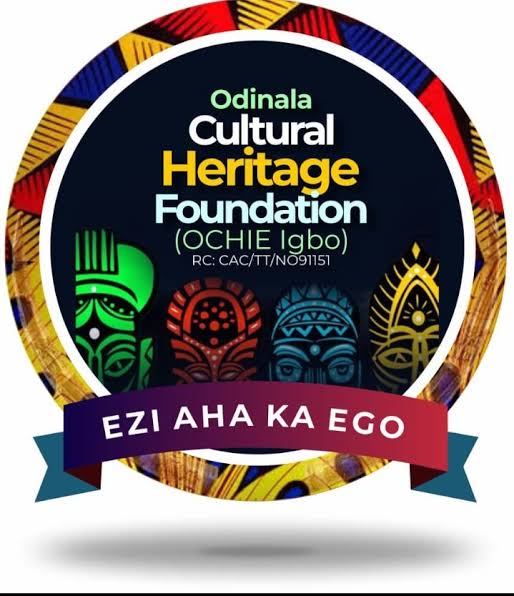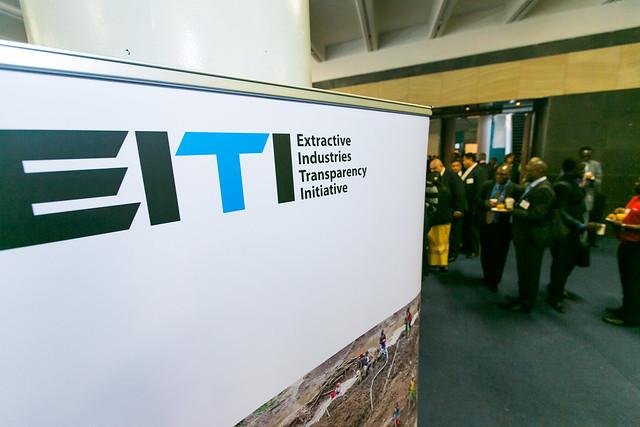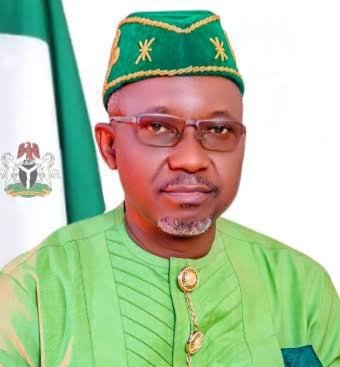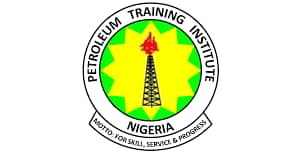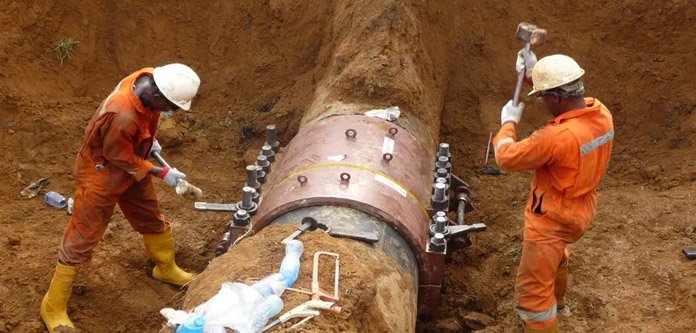NNPC Ltd woos S/Korean investors for gas projects
By Emmanuella Anokam The Nigerian National Petroleum Company Limited (NNPC Ltd.) has held talks with a South Korean consortium led by Daewoo E & C on the development of gas projects in Nigeria. The Group Chief Executive Officer of NNPC Ltd., Mr Mele Kyari, led the company’s team to theContinue Reading







